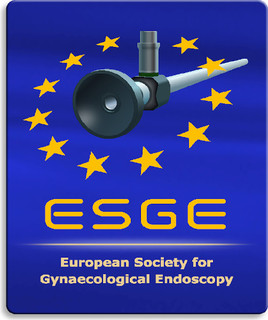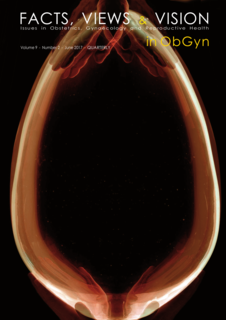Influence of BMI and smoking on IUI outcome with partner and donor sperm
Intrauterine insemination, smoking, BMI, prognostic factors, life style
Published online: Oct 25 2017
Abstract
There is limited literature on the influence of smoking and BMI on success rates after intrauterine insemination (IUI). As a result of a prospective cohort study we could investigate data from 1401 IUI cycles with partner semen and 1264 IUI cycles with donor semen, primary outcome being clinical pregnancy rate (CPR). Univariate statistical analysis showed significant influence of female BMI on clinical pregnancy in the partner insemination group (CPR of 6,5%, 8%, 16,3% and 9,4% for a female BMI < 20, 20-24.9, 25-29.9 and 3 30, p=0.032), while in the donor group this influence was not significant (CPR respectively 11.1% (BMI< 20), 18.5% (20-24.9), 18.0% (25-29.9) and 14.7% for BMI 3 30). Multivariate analysis through generalized estimating equations (GEE) could not confirm this significant influence of female BMI on fecundity in the partner semen group. For smoking, univariate statistical analysis revealed male smoking to be a negative influence for the clinical pregnancy rate in the partner insemination group (10.9% CPR in couples with male non-smokers versus 5.9% with male partners smoking 1-14 cig/day, p=0.017). After multivariate GEE analysis this result remained significant (p< 0,01). In the donor semen group female non-smoking or smoking less than 15 cigarettes a day turned out to be significantly associated with a higher CPR compared to women smoking more than 15 cigarettes daily (16.8% and 24.5% versus 5.6%, p=0,01). These results were also significant after multivariate GEE analysis (p= 0,047 and p= 0,02).



